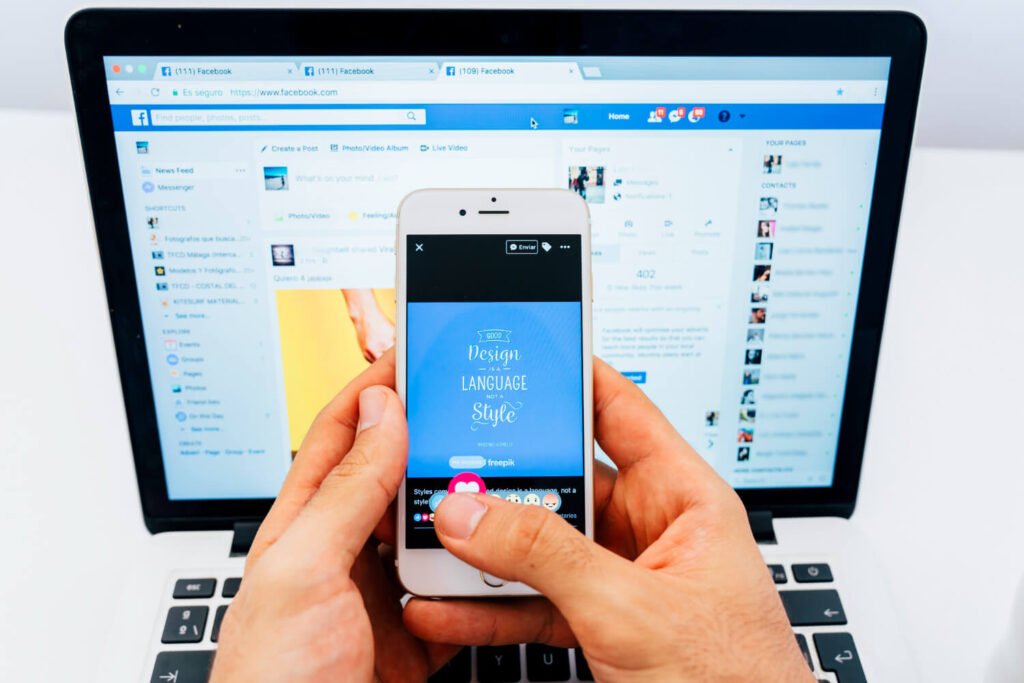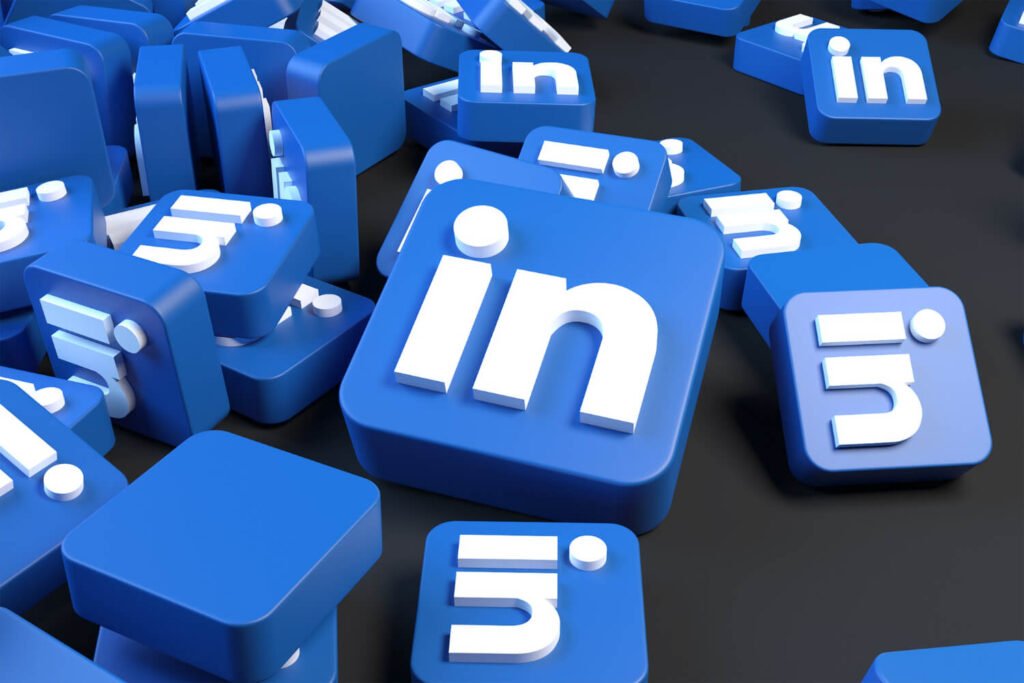n the last decade, social media marketing has transitioned from a novel idea to a must-have strategy for businesses worldwide. Marketers have to stay versatile and be ready to change up their strategies using both familiar platforms and emerging technology. One such tool that has gained traction over the years is Facebook Messenger.
As of 2021, Facebook Messenger remains one of the top mobile apps worldwide, reaching over 1.3 billion monthly users according to Statista. Undoubtedly, these numbers come with a massive potential for engagement and convenience, making Facebook Messenger a powerful tool for growth marketers.
Personalized Marketing and Instant Replies
With Facebook Messenger, businesses can send personalized messages and automatically respond to customer inquiries. The platform’s Instant Replies feature allows businesses to respond automatically to incoming messages when they can’t immediately reply. Companies can customize the automatic response to provide estimated response times and direct customers to FAQs or other available resources.
Personalization is a key element in delivering targeted and individualized messages to customers or potential customers. Messenger allows for personalized greetings that incorporate the customer’s name and any other available user information into your response, enhancing the user’s experience.
Messenger Marketing and Automation
As part of the broader Facebook family of apps, Messenger can be integrated with Facebook Ads Manager. This means advertisers can create click-to-Messenger ads that initiate conversations, and automated chatbots can facilitate interaction, answer questions, and nurture leads.
One of the primary advantages of Messenger marketing is the ability to build Messenger chatbots via Facebook’s API or third-party tools like ManyChat or MobileMonkey. These bots can interact with your customers, delivering automatic responses, broadcasting messages, and even carrying out transactions.
Facebook Messenger chatbots can yield open rates of 70-80% within the first hour, far outperforming typical email open rates. They provide a unique opportunity to keep your audience engaged, simplify interaction with your customers, and streamline your marketing efforts.
Sponsored Messages and Message Ads
Sponsored messages allow businesses to show ads directly in users’ Messenger inboxes, but only to people who previously engaged with the business on Messenger. This again emphasizes how Messenger fosters relationships between businesses and consumers. Brand messages can present more like friendly, personal conversations rather than hard sales or spam.
Businesses can also use News Feed ads to open conversations in Messenger, driving high-intent traffic into Messenger interactions for better conversion opportunities.
Providing Customer Support
Facebook Messenger is a brilliant tool for providing effective customer support. Traditionally customers might have to wait for email responses or endure time-consuming call center routing. But with Messenger, they can conveniently reach out to businesses for support and expect quick responses.
Businesses get to manage and track customer interactions effectively, creating opportunities for upsells, and offering customized solutions based on previous interactions. Messenger’s seamless integration with Facebook also allows businesses to handle and resolve disputes without customers having to exit the platform.
Augmenting E-commerce
Messenger also assists businesses in augmenting e-commerce through features like the Shop section, which allows businesses to exhibit and sell their products directly on their Facebook business page and Messenger app. With enabling in-app payments, Facebook has made it possible for customers to complete their entire shopping experience within the app.
Integrating with services like Shopify and WooCommerce also allows businesses to deliver receipts, send out shipping updates, and update customers throughout the buying process to create a seamless shopping experience.
Follow-Up and Engagement
Messenger allows businesses to follow up with users who have shown interest in their services or products. Such communication can be personalized and designed to make customers feel valued. It is also a great way to get user feedback, conduct surveys, and even deliver content directly into the hands of your audience.
Conclusion
Facebook Messenger, as a growth marketing tool, opens up a wealth of opportunities for marketers willing to take advantage of it. With its high engagement rate, conversation-driven marketing, and automation possibilities, Messenger can help businesses streamline communication, facilitate sales, and enhance the overall customer experience. As with all marketing strategies, effective application requires testing, refining, and optimizing towards your business goals—but the potential returns are well worth the effort.






